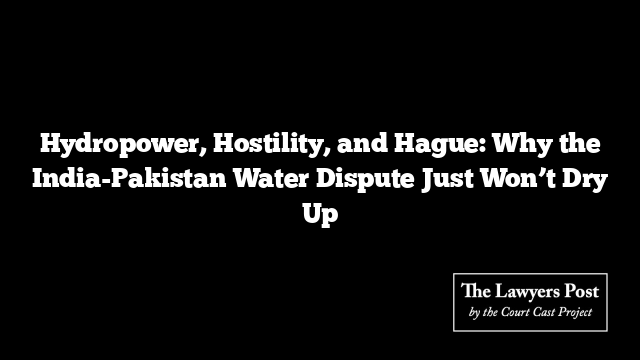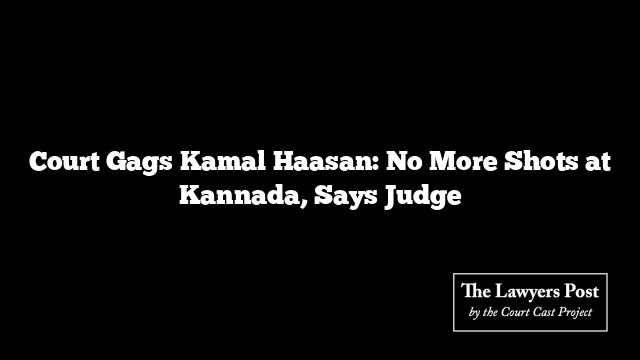In a corner of The Hague, a tribunal under the Permanent Court of Arbitration (PCA) has lit a fresh spark in the long-running, hydra-headed dispute between India and Pakistan over the Indus River system. The court declared it has jurisdiction to hear Pakistan’s complaints about India’s Kishanganga and Ratle hydropower projects—even though India has pulled the plug on the Indus Waters Treaty (IWT) in protest after the Pahalgam terror attack.
India, for its part, isn’t impressed. The Ministry of External Affairs slammed the ruling, branding the tribunal a legal mirage that exists only in Pakistan’s imagination. According to New Delhi, the tribunal’s very formation was a breach of the treaty, and anything it says or does is “illegal and void.”
But over in Islamabad, the mood is triumphant. The ruling was hailed as validation that the IWT is still very much alive—and that India cannot sidestep its obligations by simply hitting the pause button.
How Did We Get Here?
The Court of Arbitration was born out of Pakistan’s longstanding objections to India’s hydroelectric ambitions on the Indus basin. Back in 2016, Islamabad knocked on the World Bank’s door, arguing that the Kishanganga and Ratle projects were treaty violations that could throttle downstream flows. India countered that a neutral expert, not an arbitral tribunal, was the appropriate forum. The PCA disagreed, formed the court, and carried on with the case—India refused to participate, calling it all unlawful.
Fast forward to July 2023: the PCA confirmed it had jurisdiction to hear the case. Then came the June 2025 ruling—a firm reminder from The Hague that one side cannot simply place a 64-year-old international treaty in the deep freeze on its own.
The court made it clear: the Indus Waters Treaty can’t be put “in abeyance” by one party. Unilateral suspension isn’t in the rulebook. The treaty endures unless both countries agree to terminate it—something that has never happened.
India’s Response: Cold Shoulder, Closed Door
New Delhi’s line hasn’t budged: it never accepted the court, never will, and views the whole affair as a geopolitical gimmick. In a blistering statement, India tied the tribunal’s revival to Pakistan’s “decades-long manipulation of international forums” and said this legal exercise was just another attempt to dodge accountability for cross-border terrorism.
India insists its decision to suspend the treaty is rooted in sovereignty, not evasion. In short: no peace, no water-sharing.
Pakistan’s Take: Vindicated, Vocal
Pakistan, meanwhile, views the tribunal’s ruling as a diplomatic win and a legal nudge for India to return to the fold. It urged its neighbour to stop stonewalling, resume full participation in the treaty framework, and honour the deal it signed decades ago.
What Happens Now?
The court will now dig into the actual grievances—India’s dam projects. But even if the tribunal eventually rules in Pakistan’s favour, enforcement remains a fantasy. India has already walked out of the room and isn’t likely to return, no matter what the verdict says.
Behind the legal jargon, what’s playing out is a classic South Asian standoff: water, sovereignty, and security—all dammed up together, with no easy release in sight.





